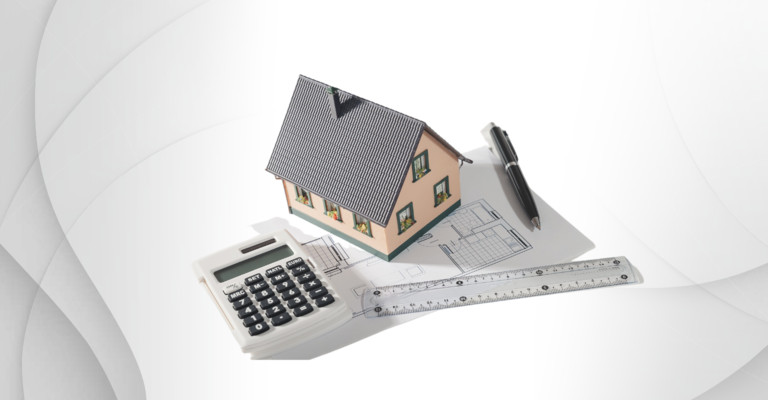 Even relatively new homeowners with just a few years of ownership can benefit from refinancing their mortgage. It can be a smart way to save money and achieve financial goals. Refinancing could help even if you’re still early in your mortgage term.
Even relatively new homeowners with just a few years of ownership can benefit from refinancing their mortgage. It can be a smart way to save money and achieve financial goals. Refinancing could help even if you’re still early in your mortgage term.
Why refinance after just a few years of homeownership?
Even if you locked in your mortgage rate when you first bought your home, refinancing can help you:
- Lower your monthly payments: One of the biggest advantages of refinancing is the potential to lower your monthly payments. If interest rates have dropped since you initially secured your mortgage, refinancing could allow you to secure a better rate, reducing your payments and giving you more financial flexibility.
- Adjust your loan terms to fit your goals: Refinancing offers flexibility, whether you want to shorten your loan term or change the type of mortgage you have (e.g., from an adjustable-rate mortgage to a fixed-rate mortgage). Refinancing into a shorter term (like a 15-year mortgage) can help you pay off your home more quickly and save you money on interest.
- Access cash through a cash-out refinance: Another option that homeowners often explore is a cash-out refinance. If you’ve built equity in your home, you can borrow against that equity to pay for home improvements, consolidate debt, or cover other expenses. Refinancing allows you to access this cash at competitive rates, which can be more affordable than other types of loans.
- Take advantage of improved financial standing: If your financial situation has improved since you first bought your home—such as a higher credit score or an increase in income—you may qualify for a better rate and more favorable loan terms. Refinancing can allow you to lock in a lower rate and save money over time.
The refinancing process
Refinancing may seem similar to buying a home, but it’s usually a faster and more straightforward process. Here’s a breakdown of what to expect:
- Evaluate your current mortgage: Start by assessing your current mortgage and financial goals. Are you looking to lower payments, shorten your loan term, or access cash? Understanding your objectives will help guide the refinancing process.
- Check your credit score: Just as with your original mortgage application, your credit score plays a role in determining the rates and terms available to you. Refinancing could offer more attractive options if your credit has improved since you bought your home.
- Submit your application: You’ll need to complete the application process. This typically involves submitting documentation such as proof of income, tax returns, and a current mortgage statement.
- Close the deal: If your refinance application is approved, you’ll move to the closing process. This is when you’ll sign the new loan documents and finalize the terms.
Is refinancing right for you?
Refinancing isn’t just for long-term homeowners—it can be an excellent option for those who have owned their home for just a few years. If you’re considering refinancing, it’s a good idea to talk to a mortgage professional to help you explore your options and determine the best path forward. With the right refinancing strategy, you could save money, improve your financial situation, and achieve your homeownership goals.








